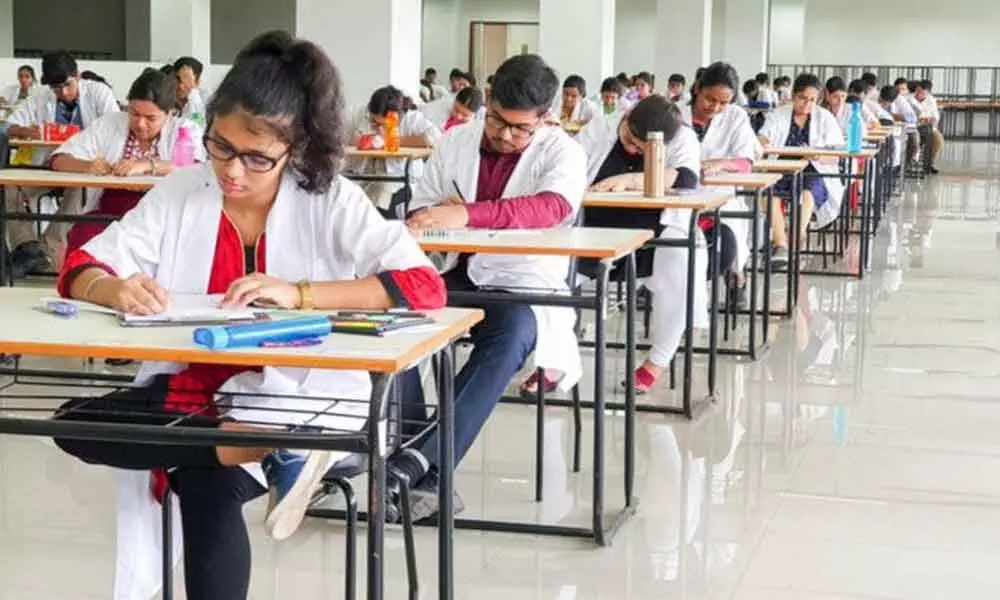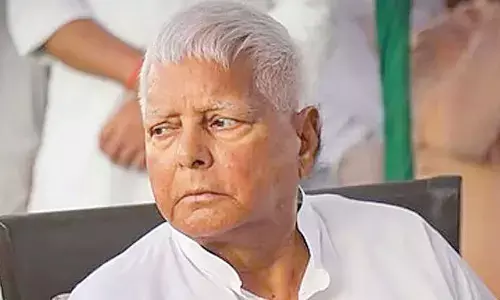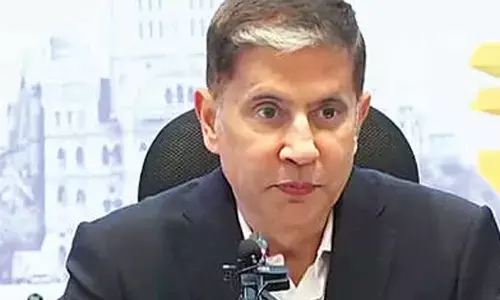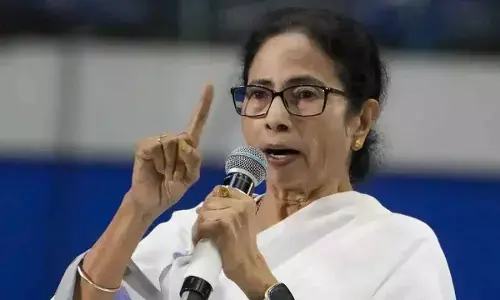Supreme Court permits Tamil Nadu to allocate 50% super-speciality medical seats

Supreme Court permits Tamil Nadu to allocate 50% super-speciality medical seats
In a major victory for Tamil Nadu, the Supreme Court on Wednesday refused to stay its decision allocating 50 per cent super-specialty seats in government medical colleges to NEET-qualified in-service candidates.
New Delhi: In a major victory for Tamil Nadu, the Supreme Court on Wednesday refused to stay its decision allocating 50 per cent super-specialty seats in government medical colleges to NEET-qualified in-service candidates. A bench comprising Justices L Nageswara Rao and B R Gavai permitted the state government to continue providing 50 per cent quota for in-service candidates in super speciality courses in its colleges.
"We are of the view that no case is made out for continuing the interim protection which was granted for the academic year 2020-2021 by interim order dated November 27, 2020. Thus we reject the prayer in that regard.
Needless to say, that the state of Tamil Nadu would be at liberty to continue counselling for the academic year...by taking into consideration reservations provided by the state," said the bench. It then ordered a listing of a batch of petitions for further hearing after Holi vacation from Thursday.
The top court, on March 14, had reserved order on the pleas challenging the Tamil Nadu government decision allocating 50 per cent super-specialty seats in government medical colleges to NEET-qualified in-service candidates.
The state government, represented by Additional Advocate General (AAG) Amit Anand Tiwari, had vehemently argued that if such a decision is stayed, it will not only impact accessibility of quality medical care by poor and rural people but also lead to a situation where the courses will have to be closed down due to lack of qualified teachers.
The AAG had also pointed out that about 70 percent of non-service candidates even do not fulfil the bond conditions of compulsory service. The state had vehemently defended the government order (GO) of 2020 by which it had directed that 50 per cent of the "Super Specialty seats (DM/ M. Ch.) in Government Medical Colleges are allocated to NEET qualified in-service candidates of Tamil Nadu and the remaining 50 per cent seats are allocated to the Government of India / Director General of Health Services."
medical seatsThe apex court had heard a battery of advocates including senior lawyers Dushyant Dave, Shyam Divan, and Gopal Sankarnarayanan for petitioners and Additional Advocate General Amit Anand Tiwari argued for the state government. "It is trite that allocation of seats for in-service candidates is not in the nature of a reservation but is a separate source of admission; secondly, the state is empowered to provide for such separate source of admission which is a policy decision to serve a larger public interest, and the same, in no way, compromises the minimum standards prescribed by the Central legislation," Tiwari had argued.










